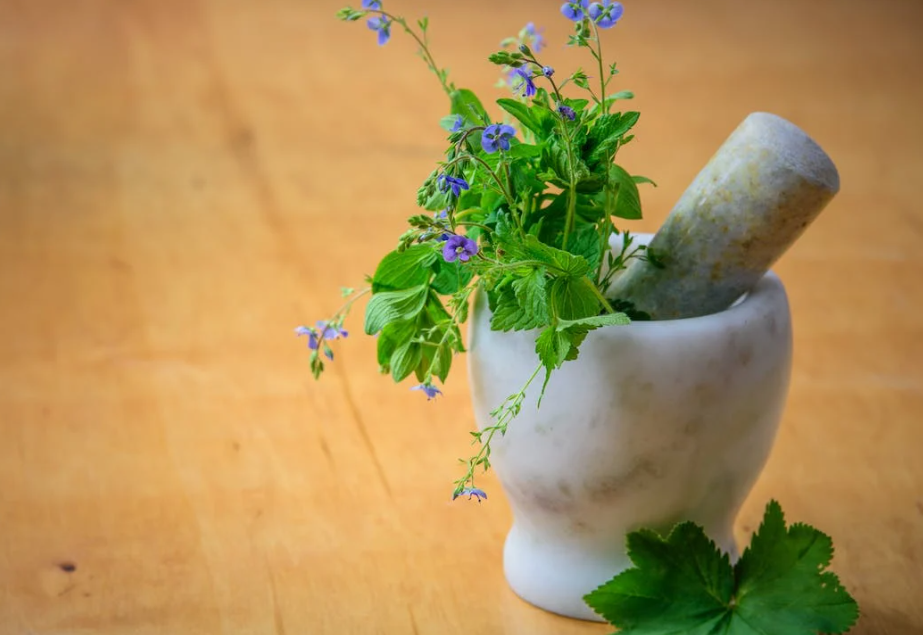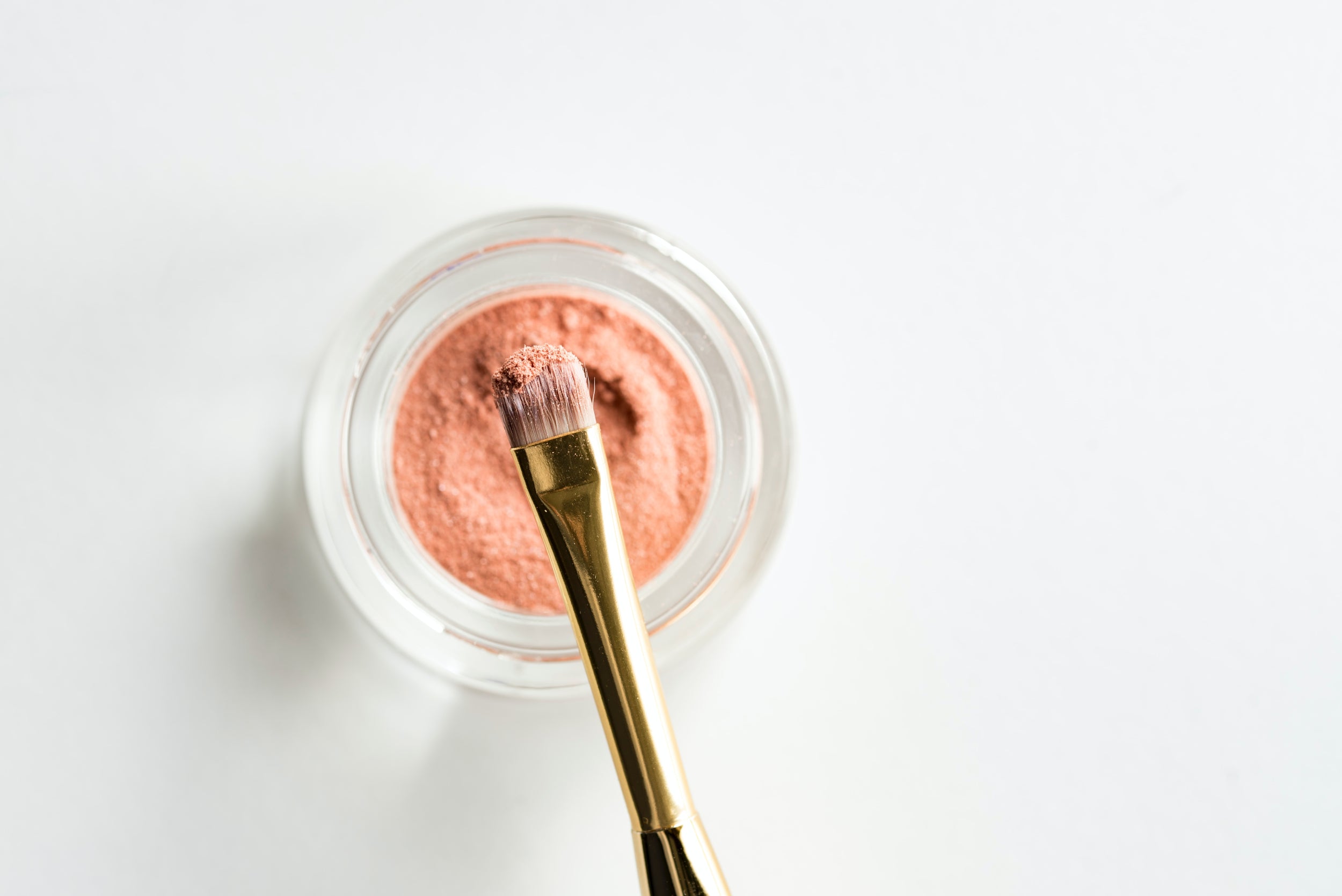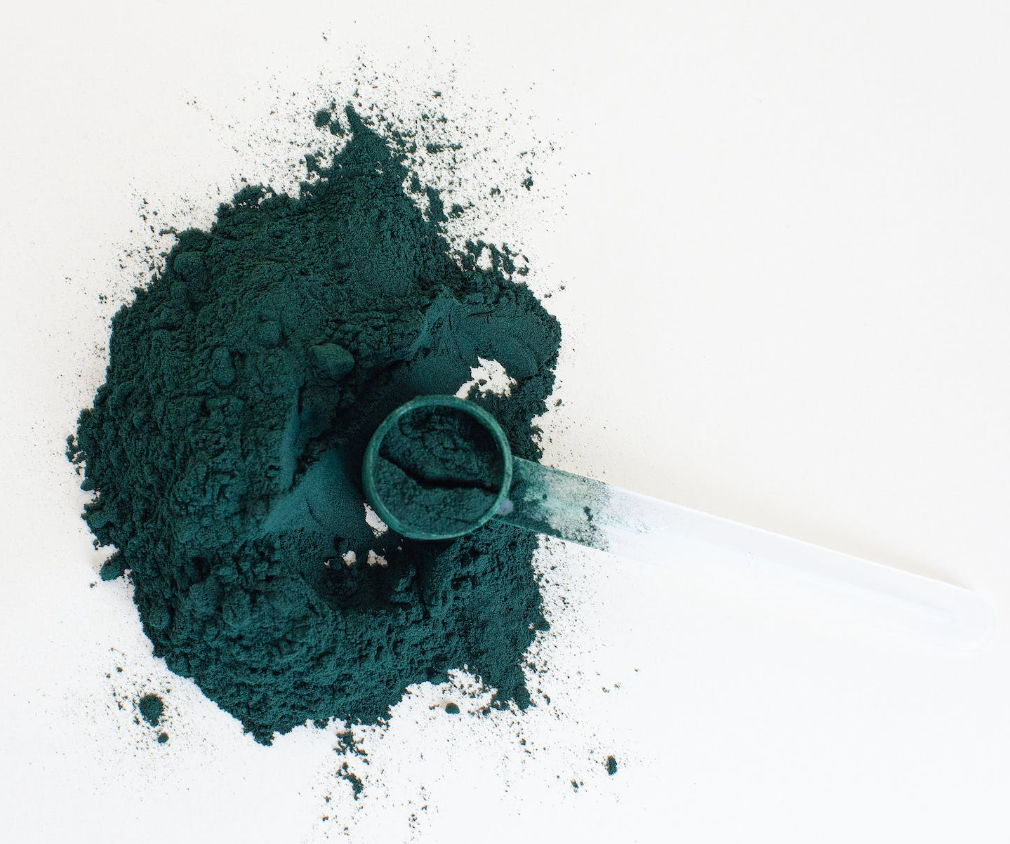

The female organism is mainly regulated by the hormones estrogen and progesterone , which not only involve the reproductive system but also other districts, such as the pituitary gland and hypothalamus, with mechanisms that include psychological, neurological and endocrine effects.
Every woman therefore experiences moments in life due to the variations in the concentration of these hormones in the blood. How many of you suffer from mood swings, swelling of the legs and abdomen, constipation, migraines, insomnia, ovarian pain and a swollen belly?
Phytotherapy can be of great help and support in supporting female problems that due to these hormonal changes can be very diverse. The natural medicine of which it is a part tries to give an overall view of the organism, without necessarily focusing on a specific district, but embracing all the physical and psychological components that often in everyday life, as women, we struggle to manage.
Chaste Tree is a wonderful plant. Known for "female disorders", it works effectively on premenstrual symptoms, dysmenorrhea, period pain and premenopause.
Always considered a homeopathic remedy, it has established itself over the years as a validated phytotherapeutic remedy in the gynecological field. Its effectiveness has in fact now been demonstrated in acting at the level of the anterior lobe of the pituitary gland, inhibiting the production of follicle stimulating hormone FSH and stimulating gonadotropic hormones (LH and prolactin). In this way there is the ability to rebalance the estrogen-progestin hormonal concentration.
Furthermore, being rich in flavonoid active ingredients, it also acts at a central level with a slightly sedative action.
There are several commercial preparations based on Agnus castus, a plant that seems to increase its effectiveness when combined with Cimicifuga , particularly useful for its spasmolytic action on the genital system. The active ingredients contained in its phytocomplex (triterpene glycosides, alkaloids, phytosterols, polyphenols, vitamins, minerals and isoferulic acid) contribute to reducing the symptoms of abdominal pain associated with the menstrual cycle or dysmenorrhea, and to improving muscle tension headache.
These are just some of the plants that you can benefit from as a woman of childbearing age and pre-menopausal for related disorders.


